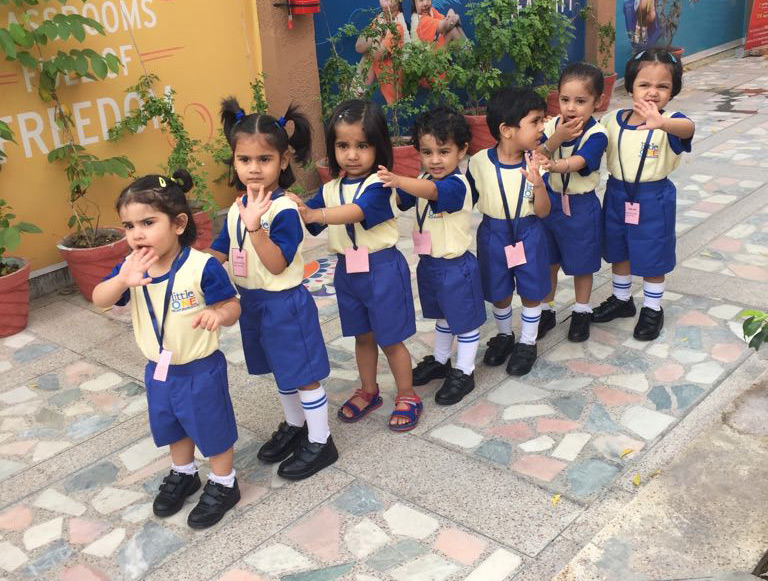
 How to take the pressure and anxiety out of back-to-school season?
How to take the pressure and anxiety out of back-to-school season?
With these helpful ideas from an early childhood educator whether your child is just beginning kindergarten or starting a new grade as a returning student, there’s lots to be done to prepare for the year ahead, including checking in about their fears, anxieties, and concerns. As summer winds down, it’s natural for kids to experience nervousness after all, your child is entering a structured group setting after months. Some children will accept the change with joy, while others may need a bit more hand-holding to acclimate.
Children enter the school year with different skills, goals and social-emotional aptitudes. Teachers know this and strive to foster a strong relationship with each student from the moment they enter the classroom community. The parents must reach out to their child’s teacher before the first day of school with questions or concerns. Since parents know their child’s best, this communication sets everyone up for a successful year ahead. Back-to-school will always be accompanied by a certain amount of nervousness, excitement or anxiety but as a parent you can minimize fear of by being positive about school. The below tips can help your family make a smooth transition into the school year ahead and give your child new perspective on the joys of the classroom.
- Read books about starting school,
- Stories with charactersyour child can relate to especially those with characters attending their first day of kindergarten are useful for relieving first-day jitters and providing a boost of confidence where needed.
- You’re sure to find a read-aloud that allows you moments to pause and ask your child what they’re feeling or thinking about in terms of the year ahead.
- Talk to your child about their feelings about school, friends, teachers and new activities. Social-emotional learning, or SEL, is a popular topic among educators today and is being integrated into the curriculum in many school districts. SEL refers to the ways in which children build healthy relationships with themselves and with others. This framework of self-awareness can begin at home.
- When discussing back-to-school, you might gauge your child’s thoughts about the classroom. Ask them what they are looking forward to and what they are interested in learning, along with any concerns they might have. Reading together is a great way to start the conversation. Sofia Sanchez’s You Are Enough is the best book with a universal message: We all belong. It’s the perfect read for empowering your child to embrace who they are as they start their first week back at school.
- Set intentions with your child for the school year ahead. Just like adults make intentions for the new year, students can do the same for the new school year. Focus on your child’s interests that represents their intention.
- Since children are still learning the concept of time, set a word for each month. “To reflect their back-to-school experience, July words might include friendship, fun, help, etc. Parents can then use this word to start conversations at home about your child’s classroom experience and progress.
- This allows parents an entry into conversations withtheir child. “Ask questions like, ‘What’s one way you lived your word today, friendship?” Your child might reply, ‘I saw someone standing alone so I went over and asked her if she wanted to swing with me.”’

